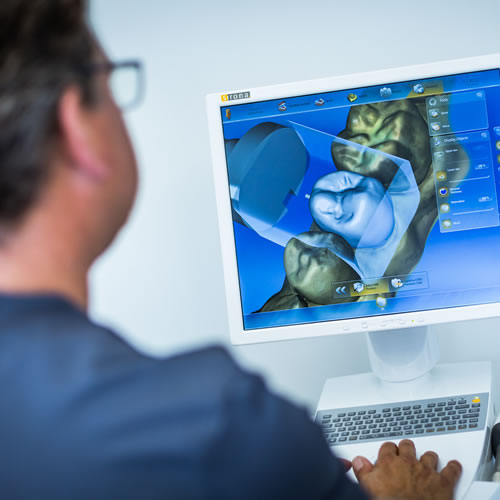Medication And Your Teeth

Some common medicines may increase the risk of problems such as tooth decay.
Whilst a sensible tooth friendly diet, good home cleaning and professional monitoring by your dentist will give you every chance of having healthy teeth; sometimes there are external factors which can cause problems and which may be beyond our control.
One of these external factors is medication, both prescribed and over the counter. We should make it absolutely clear that you should not stop taking prescribed medication, especially for serious illnesses, but you may wish to discuss with your doctor if you feel that your teeth are suffering as a result. In some situations, such as the use of antacids, you may be able to find a more gentle way of treating this.
Whether your medication is prescribed or not, we always request that patients of The Dental Centre Bedford advise us of any medication that you are taking when you come for your regular check up, or any treatment that may be required outside of these appointments.
The following are some of the more common medicines which may have a negative effect on your teeth.
Antacids
Acidity resulting from heartburn or acid reflux can damage your teeth through erosion of the enamel. Taking an antacid to counteract this, however, can also have negative results. In addition to any sugar that may be in them, antacids can weaken the teeth, leaving them more prone to tooth decay. In particular, try to avoid the use of chewable antacids.
Painkillers
Many different types of painkillers can create problems with your teeth and gums. Some of these, such as opioids, which include the likes of codeine, can cause a dry mouth, which, as we have mentioned before, can lead to an increase of teeth and gum damaging bacteria in the mouth. Long term use of aspirin can cause your gums to bleed and may also cause some internal bleeding.
Antihistamines
Antihistamines, along with decongestant medications sometimes work by blocking receptors which cause us to produce saliva. As mentioned above, this can lead to a dry mouth, creating an increased risk of tooth decay and gum disease.
Blood pressure medication
There are different types of medicines used to control blood pressure, and not all types may result in these problems. Please discuss this with your doctor if you are exhibiting any of the symptoms mentioned below. A dry mouth, again, is relatively common for some types of blood pressure medication. They may also sometimes cause a swelling of the gums, making it more difficult to clean the gum line especially.
Antidepressants
Some antidepressants can also cause a dry mouth. In some cases, this may only be temporary as your body adjusts to your treatment. Should these symptoms persist, your doctor may be able to suggest an alternative drug that causes fewer problems.
Life can throw up a number of barriers to having healthy teeth and gums, and medicines are but one of them. As we stated earlier, it is essential that you do not stop taking prescribed medication without consulting your doctor. With good regular home care and the supervision of our experienced Bedford dental team, hopefully any potential risks can be minimised.
For appointments at The Dental Centre Bedford, please call us on 01234 819868.
